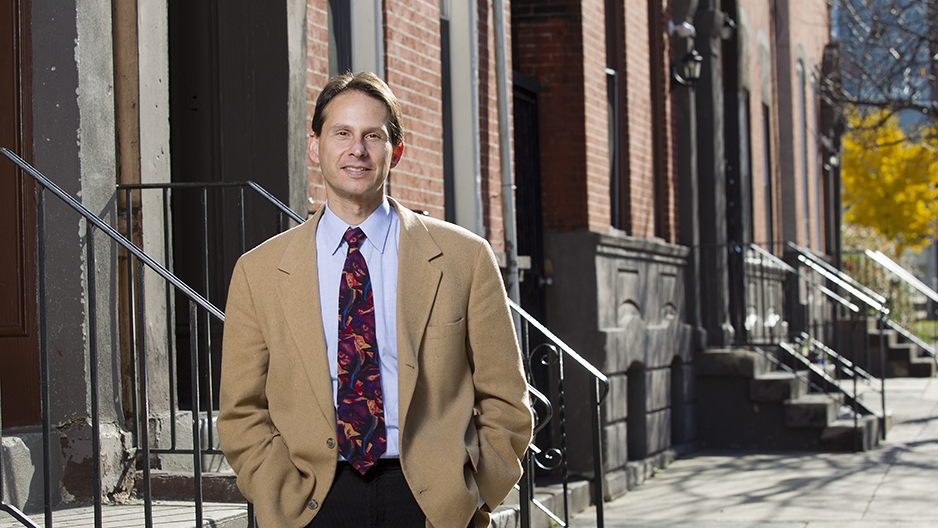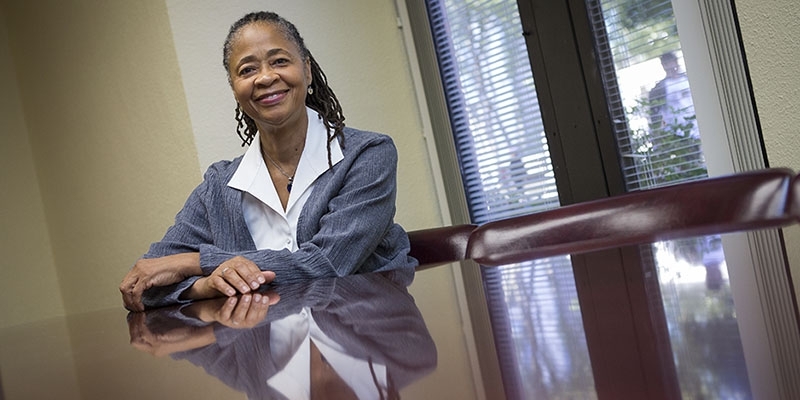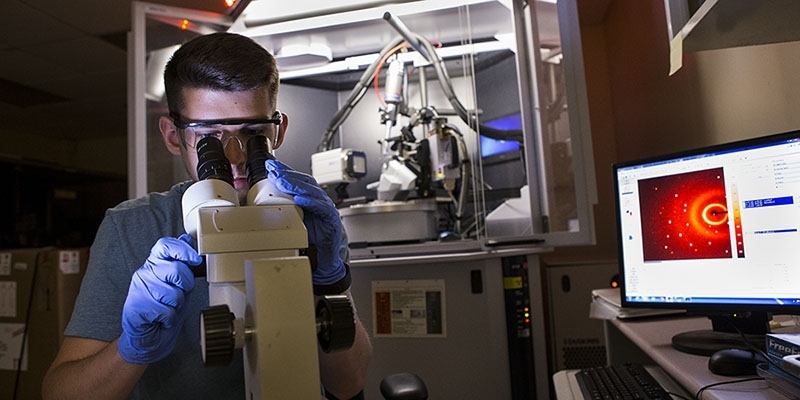Supporting inclusion and success for all faculty
Mark Salzer, professor and chair of the Department of Rehabilitation Sciences, finds that faculty with mental health issues often do not ask for reasonable accommodations.

Russell Conwell and Mark Salzer, professor and chair of the Department of Rehabilitation Sciences within the College of Public Health at Temple, share a common goal: To give individuals opportunities to be successful.
Salzer’s research looks at how people with serious mental illnesses—which are considered disabilities according to the ADA—live in the community like everyone else. He has a particular interest in college students with mental health disabilities and what support they need to be successful in a higher education environment.
Temple’s faculty, and faculty from universities across the U.S., work tirelessly to educate students and provide opportunities for them thrive. But what resources do faculty need to be successful?
Salzer’s recent research explores territory that hasn’t been sufficiently delved into before—the experiences of faculty with mental health illnesses from different colleges and universities throughout the U.S., and what accommodations and support systems are available to them.
With Margaret Price, associate professor of English at The Ohio State University, Salzer developed a survey in 2012–2013 that was completed by faculty members at institutions around the country. The survey asked if they were familiar with accommodations available to them on their campus; if they had requested an accommodation, what the request was and how it was responded to; if they hadn’t made a request, why not; and who they felt like they could go to for support around their mental health issues to be most successful as faculty.
After receiving approximately 250 responses, Salzer found that a majority of faculty surveyed were not familiar with what accommodations are available to them on their campuses.
“People with disabilities are eligible for reasonable accommodations, things that you can change with someone’s work or work environment to support them as they perform their job,” explains Salzer.
For example, if a professor needs to take a medication that makes them drowsy in the morning, it may be a reasonable accommodation for that professor to not be assigned to teach an 8 a.m. course.
“We found that the faculty that did ask for accommodations generally felt that they were treated well,” says Salzer. “Some bad news is that some people didn’t request accommodations because they felt that upper administration would treat them poorly as a result, perhaps not being tenured or that the request could lead to discrimination.”
Salzer notes that faculty are highly educated people and if they are not aware—or unable to find—what resources are available to them through their university, it is likely that students who have been diagnosed with a mental illness are not going to be aware, either.
“A conclusion that we reached is that colleges and universities need to do a better job creating supportive and welcoming environments for faculty with mental health issues and faculty with other disabilities,” says Salzer.
Fueled by his research, Salzer’s next step is to educate staff and administrators at colleges and universities around the country to spread awareness of the issue and discuss opportunities for institutions to better support faculty with mental illnesses.
“We found that faculty with mental health disabilities may face discrimination like anyone else with mental health issues. It’s not good, people are viewed as being defective or dangerous,” says Salzer.
Salzer—the principal investigator and director of the Temple University Collaborative on Community Inclusion of Individuals with Psychiatric Disabilities, a research and training center funded by the National Institute on Disability, Independent Living, and Rehabilitation Research—is dedicated to making improvements for faculty and students from coast to coast, but he hopes that Temple could be a leader in this area.
“Temple could be a model for providing a welcoming environment for students with mental health issues,” says Salzer. “That’s a goal of mine, creating an environment where students know the faculty is going to be supportive of their mental health needs and that faculty feel supported as well.”


